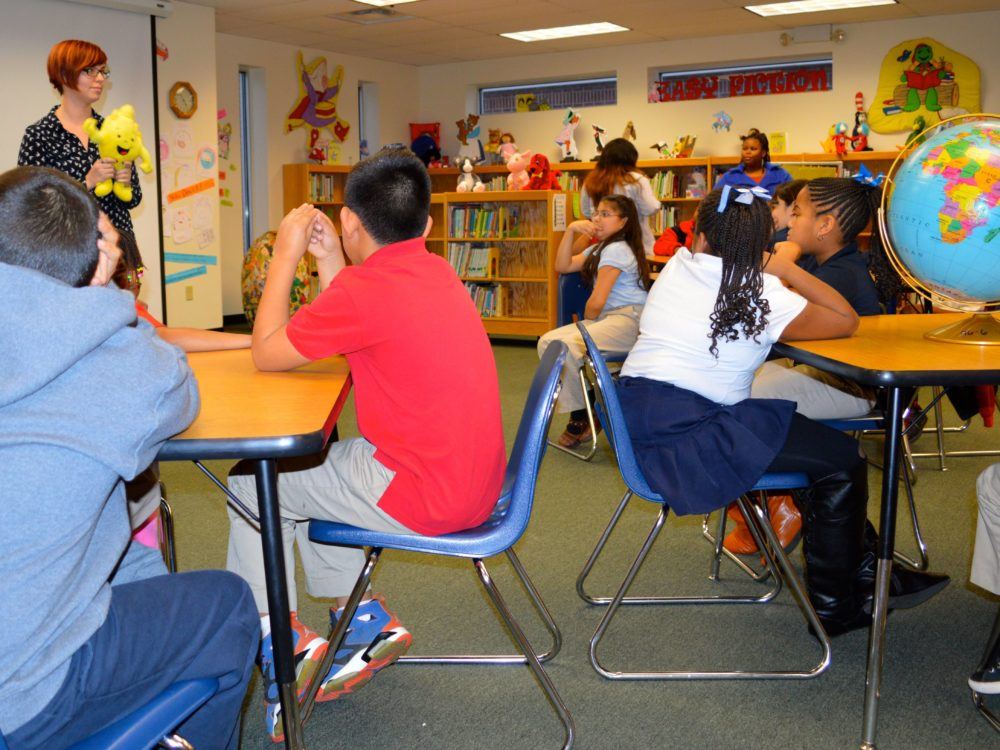
Aflatoun: Social and financial education
Aflatoun gives children the space to believe they have a brighter future as well as the tools to turn their dreams into reality. Aflatoun is a holistic program offering a unique blend of social and financial education that balances personal and social awareness with practical planning, saving and entrepreneurial skills. We deliver our programme to children in schools and out-of-school settings. The activity-based curriculum allows children to learn by doing. Aflatoun provides children with the building blocks of life, educating them about their rights, and encouraging them to save their resources and start social and financial microenterprises. The program has been implemented in 75 countries and has reached more than 1 million children.
Impact
Monitoring and evaluation activities are carried out by the Aflatoun Secretariat and its network partners. Some key findings of the impact the Aflatoun programme has on its participants are:
- Children adopt more equitable views on access to education and the division of household labour.
- Younger children are more tolerant of other cultures, religions, and ethnic groups.
- Younger children’s willingness to save and their knowledge of non-financial resources that could be saved is increased.
- Children start believing they could be entrepreneurs.
- Children save more money, are more aware of child rights and feel confident about their ability to improve their lives and their communities. Their motivation does not only come from a desire to generate wealth but also to create a better world through socially focused enterprises.
- Children are generally aware of the value of money and understand the importance of investing.
- Children develop creative ideas for earning money and demonstrate a high level of social commitment, including a sense of responsibility towards protecting the environment.
- Aflatoun children also start believing that they can make a difference in the community.
Beneficiaries
Children from all over the world and between the ages of 6 and 18.
Sustainability
A key strategy for sustainability is to partner with strong NGOs who deliver the programme on the ground. Building on existing infrastructures ensures that new administrations are not created and thus keeps overall costs low. The Aflatoun secretariat also commits to staying a lean organization. The Secretariat does not fundraise on behalf of partner organisations to avoid financial dependency. Aflatoun’s sustainability involves assisting the partners with advocacy efforts, particularly as they relate to incorporation of the Aflatoun concept into formal education curricula at local, regional or national levels. For the foreseeable future the Secretariat will generate most of its income via traditional grant funding channels and via pro-bono support, but steps will be taken to look at income generating activities to cover a percentage of the operating costs. Endeavours to strengthen the sustainability of the Aflatoun concept include:
- Ensuring that overheads cost do not exceed 10% of the overall Secretariat operating costs.
- Enhancement of data collection, monitoring and evaluation processes in order to enable child social and financial education impact assessment.
- Documentation to generate a solid body of evidence that demonstrates a positive relationship between Aflatoun approaches and improved educational outcomes.
- Maintaining a diverse multi-cultural team that is representative of its global network
- Maintain professional and highly responsive Secretariat.
Scalability
Scale is a central part of Aflatoun’s strategy. To achieve scale, a network model was selected to spread the curriculum across the world. The Aflatoun programme is currently being implemented in over 80 countries. We have demonstrated the quality of the programme and its applicability in diverse settings. Attaining depth in terms of reaching large numbers of children is a logical next step. Scale also requires breadth as the maintenance of a presence in many countries lends weight to credibility and increases the opportunities for future growth. We have set a target of reaching 10 million children in 120 countries by 2015. We will accomplish this by:
- The maintenance of the cadre of Regional Master Trainers who are a crucial in the implementation of our cascade training methodology.
- Developing complementary training strategies through closer ties with INGOs, teachers’ unions and teacher training institutes through an new initiative called AflaAcademy
- Developing complementary alternative strategies of program dissemination through multimedia delivery channels such as E-learning platforms.
- As more and more partner organizations begin implementing within countries, a structured and consistent approach to coordination is required at national level. The
Secretariat would prefer to see one organization playing the lead role based on consensus with other partners depending on capacity, budget, advocacy power and links to banks.
Source of funding
The secretariat is 100% funded by foundations, corporate givers and the Dutch Public Lottery. It also receives pro bono support from a variety of sources.